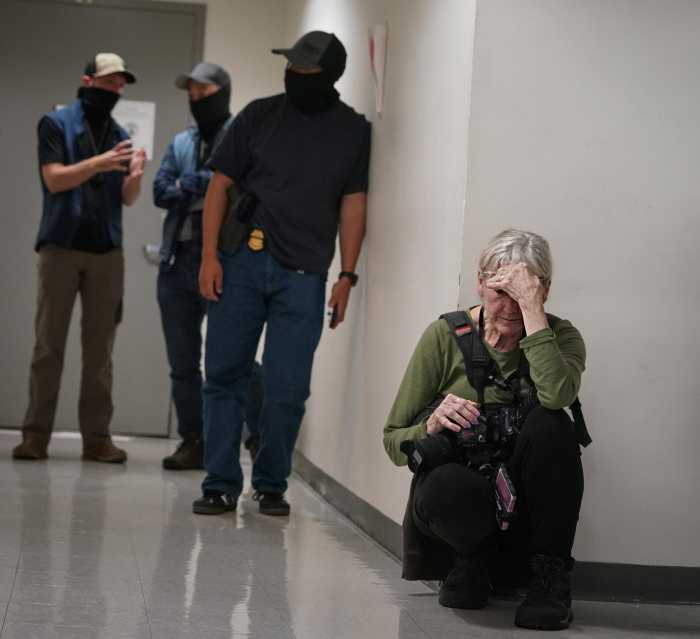Touting the plan as an attempt to level the playing field, city school officials defended the Fair Student Funding (FSF) initiative from criticism by northeastern Queens parents.
“We want to make sure that these new dollars will go out in the fairest possible way,” said Robert Gordon, Managing Director for Resource Allocations for the City’s Department of Education (DOE), speaking to parents and principals at the recent meeting of Community Education Council District (CDEC) 26.
Gordon said that the new plan, which appropriates a dollar value to spend on each child with more money given to low-income, special needs, and non English-speaking kids, would take effect slowly over the next 30 years.
Comparing two hypothetical schools - with different levels of teacher experience - Gordon said that the city could be paying $1 million more per year to a school with teachers who have been working for longer periods of time.
“Fundamentally, that is not fair,” Gordon said.
Under the FSF, principals will be given a certain amount of funding - to be divided up between salaries and programming at their discretion.
“The wise principal will know which teacher to hire,” said Judith Chin, Superintendent of Region 3.
“Our concern is that this is a big incentive not to have more experienced teachers,” said Robert Caloras, President of CDEC 26, which encompasses schools in Bayside, Little Neck, Flushing, Floral Park, Bellerose, Douglaston, Queens Village, and Holliswood.
Caloras suggested that the city take teachers’ salaries off the table - just as San Francisco did when enacting a similar program in 2001.
Other parents asked why middle school students weren’t given more funding than children in elementary school and whether District 26 schools could be assured no cuts in funding, to which Gordon could not offer a guarantee. Parents worried that local, better-performing schools will lose out with FSF.
In response to comments from parents, the DOE has tentatively decided to fund classes not seats in some circumstances - provide money for special education classes with open seats - and plans to look at upping the amount of money allocated to gifted children.
“Will you be thrilled with the final outcome? I’m not sure. Will you see changes? Definitely,” Gordon told a packed room of parents and principals at M.S. 74 in Bayside.
As representatives for the DOE, Gordon said that he and Chin would bring comments and suggestions back to Schools Chancellor Joel Klein.
Jeffrey Slivko, the Principal of M.S. 172, asked that Klein be told local schools were already functioning at a “bare-bones” level. With nearly 1,100 students in his charge, the school can only afford to pay two guidance counselors.
“There are challenges with spreading around very little resources at my school,” he said. “I’m not confident [once FSF is implemented] we will get beyond a bare-bones service.”































